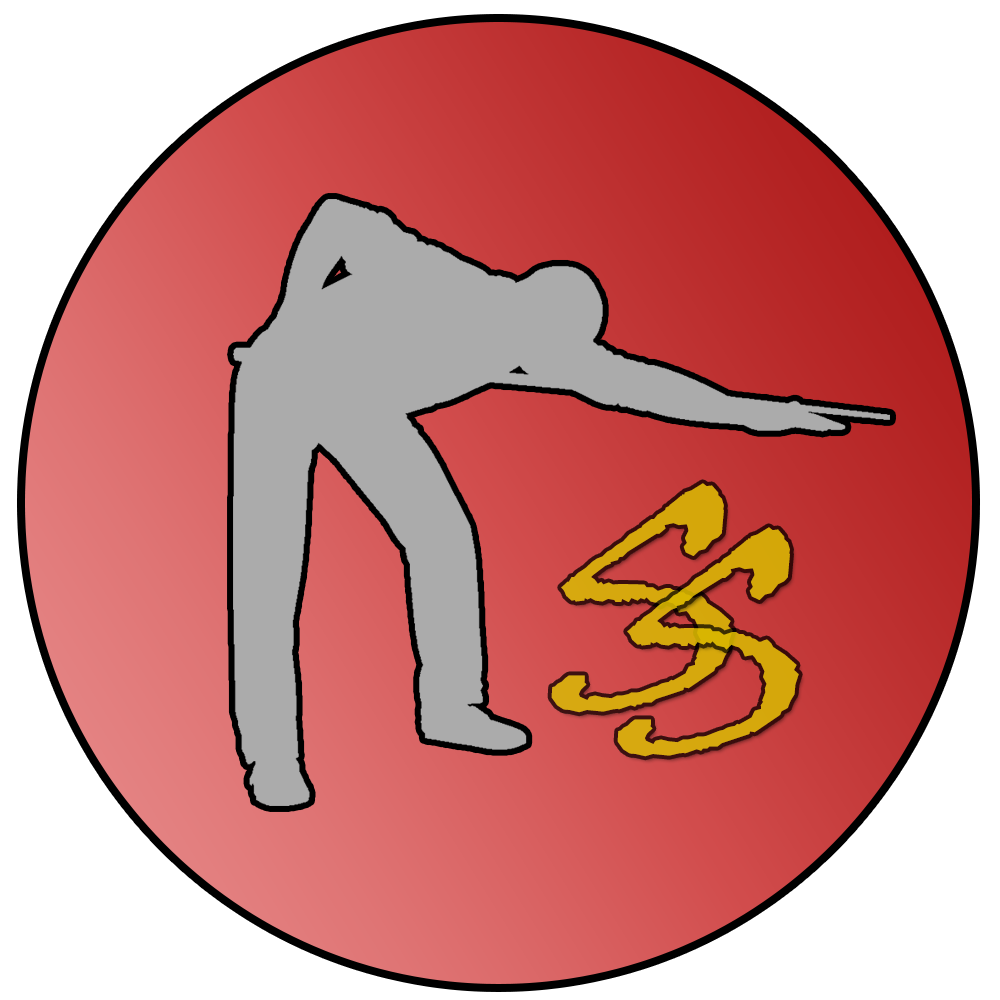The stage is set. We’re at the Waterfront Hall in Belfast. I’ve just started my free 7 day trial for the Eurosport Channel on Amazon Prime solely for this purpose. Their previous encounter was 2 years before this event at the UK Championship final in 2016. It was only a best of 11, but man, did everyone get their money’s worth. It’s the semi-final of the Northern Irish Open 2018 and definitely an instant classic.
This match had all the ingredients you would expect from a collision between Ronnie O’Sullivan and Mark Selby. There was a strong O’Sullivan lead; a tenacious Selby comeback; incredible tactical play; flukes; the lot! Not to mention a black ball decider in the deciding frame!
Considering the length of time it had been since these 2 juggernauts have last clashed, it was an important test for both players to see where their games were at 2 years later. Because it’s safe to say that the consistency in in O’Sullivan’s game had really stepped up in those following couple years, similar to what we see nowadays.
Ronnie O’Sullivan built a 4-2, then a 5-3 lead with 3 centuries; only for Selby to storm back to level the playing field at 5-5. And the deciding frame is where the real action began. Selby was in with a chance first then unexpectedly missed a black off the spot. This was followed by O’Sullivan trying to force an angle out of the black and missing the pot entirely.
Inching towards the end of the frame, Selby seemingly fluked a terrific snooker to put O’Sullivan in immense trouble. O’Sullivan took multiple attempts already to near-miss the final red to which Selby took advantage of the miss rule and kept having the red replaced. This is what most believed to be his downfall as he potentially could have taken a pot on to win himself the frame.
Nevertheless, he had the cue ball replaced and O’Sullivan not only hit the red this time, but fluked it into the left centre! What followed was probably one of the best under-pressure clearances you could hope to see (which included a mouth-watering positional shot from yellow to green), to secure O’Sullivan a 70-68 victory.
This match, on paper, had the potential to be monumental. And it was. To refer back to my intro, it had everything. Not only is it easily one of the best matches I have seen already this season, but it is immediately an instant classic. If you haven’t already, I implore you to watch this match.





